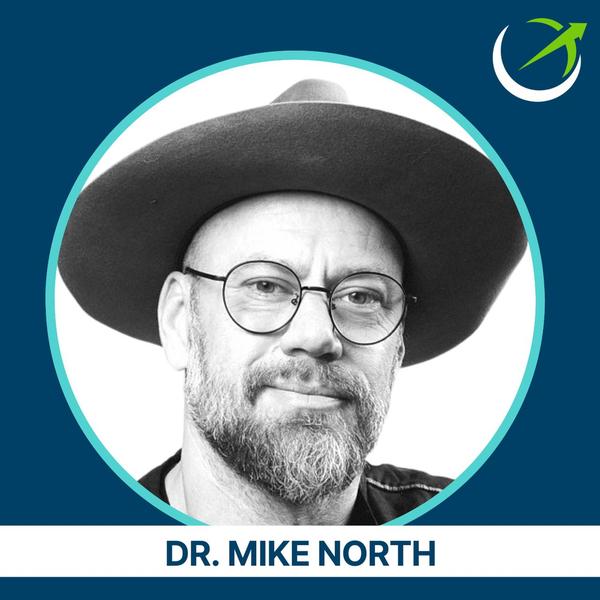Women’s sexual health, menopause, and hormone replacement therapy (HRT) | Rachel Rubin, M.D.
Peter Attia
May 12, 2025
Mindsip insights from this episode:
Recognize estrogen-only HRT's role in reducing breast cancer risk
The controversial WHI study actually found that women on estrogen-only therapy had a decreased risk of both getting and dying from breast cancer, a fact that was ignored in the media.
Recognize risks of skipping hormone therapy for menopausal health
We often focus on the risks of taking medication, but for menopausal women, the risks of not taking hormone therapy—such as osteoporosis, dementia, and recurrent UTIs—are significant.
Reframe menopause as a sudden hormonal shift
Menopause should be viewed not as a gradual decline but as a "castration event" where a woman's hormonal gas tank suddenly becomes empty.
Supplement systemic HRT with local vaginal estrogen for symptom relief
Even women on systemic hormone therapy often need additional local vaginal estrogen, as systemic treatment alone is frequently not enough to resolve genitourinary symptoms and prevent UTIs.
Dissolve oral estrogen sublingually for better absorption
A standard oral estrogen tablet can be dissolved under the tongue like a Tic Tac to bypass the liver, potentially avoiding negative effects on clotting factors and making it a cheap and effective delivery method.
Recognize women's testosterone dominance for better health understanding
When measured in the same units, women have about 10 times more testosterone than estradiol in their bodies, reframing them as testosterone-driven beings whose need for the hormone is often ignored.
Revitalize menopause education to combat doctor training gap
The fallout from the WHI study created a "brain drain," leaving an entire generation of doctors untrained in prescribing hormone therapy, with less than 6% of relevant physicians today receiving even an hour of menopause education.
Address menopause to improve men's health outcomes
Menopause is a major contributor to divorce between the ages of 40 and 60, and since divorced or widowed men have significantly worse health outcomes, menopause is indirectly killing men.
Identify vulvar vestibule as source of menopausal pain
A little-known anatomical area called the vulvar vestibule, which is the female homolog to the male urethra, is often the true source of pain with sex and UTI-like symptoms in menopausal women.
More from
Peter Attia
AMA #78: Longevity interventions, exercise, diagnostic screening, and managing high apoB, hypertension, metabolic health, and more
Ketogenic diet, ketosis & hyperbaric oxygen: metabolic therapies for weight loss, cognition, Alzheimer's & more | Dom D'Agostino, Ph.D.
The evolutionary biology of testosterone: how it shapes male development and sex-based behavioral differences, | Carole Hooven, Ph.D.
The impact of gratitude, serving others, embracing mortality, and living intentionally | Walter Green (#288 rebroadcast)
Thyroid function and hypothyroidism: why current diagnosis and treatment fall short for many, and how new approaches are transforming care | Antonio Bianco, M.D., Ph.D.
You also might be interested in
Dr. Casey Means: Eat like THIS to reduce your Risk of Metabolic Disease!
Biohacking Fertility for Men and Women at Any Age
Improve Energy & Longevity by Optimizing Mitochondria | Dr. Martin Picard
Dr. Casey Means: Stop Ignoring Your Health — Do These 5 Free Tests!
The Untold Science Of Vibration Therapy & The “BioDrive” Breakthrough That Regulates Your Mind and Body, With Dr. Mike North












